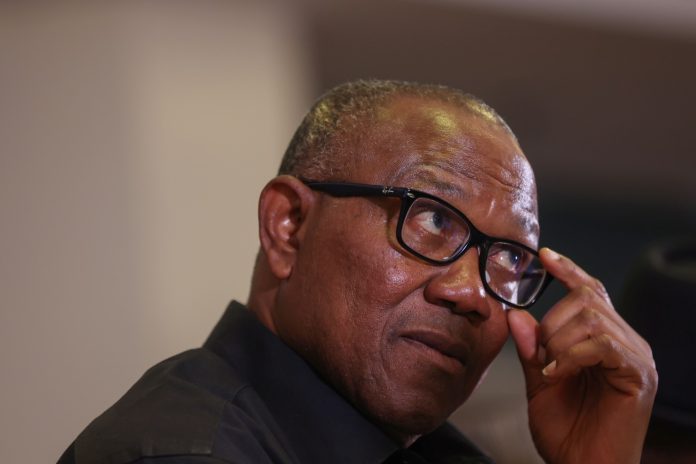The EIU, renowned for its accurate economic and political forecasts, also predicted the rise of Peter Obi, the Labour Party’s (LP) presidential candidate, as a formidable force in the 2027 elections.
EIU reiterates its previous prediction of Tinubu’s victory in the election tribunal.
In a recent report, the Economic Intelligence Unit (EIU) has reiterated its previous projection that the victory of President Bola Tinubu in the February 25 presidential election will remain unscathed amidst court challenges.
The EIU, renowned for its accurate economic and political forecasts, also predicted the rise of Peter Obi, the Labour Party’s (LP) presidential candidate, as a formidable force in the 2027 elections.
The EIU’s latest report, released during the weekend, restated their initial projection of Tinubu’s victory before the 2023 general election. The report, however, suggests that the court challenges brought forth by the opposition parties are unlikely to change the outcome.
Background
Following the electoral process conducted by the Independent National Electoral Commission (INEC), President Bola Tinubu, representing the ruling All Progressives Congress (APC), emerged as the winner, defeating 17 other candidates with an impressive total of 8,794,726 votes.
INEC Chairman, Prof. Mahmood Yakubu, declared that the presidential candidate of the Peoples Democratic Party (PDP), Atiku Abubakar, secured the second position with 6,984,520 votes, while Peter Obi garnered 6,101,533 votes, placing third in the election. Rabiu Kwankwaso of the New Nigeria’s People Party (NNPP) came fourth with 1,496,687 votes.
Both Atiku Abubakar and Peter Obi have raised concerns over the outcome and are challenging President Tinubu’s victory in the Presidential Election Petitions Court.
Other notable predictions EIU made about Nigeria
According to the EIU report, President Tinubu, representing the APC, secured victory with 36.6 percent of the vote, focusing on gaining support from the Muslim north. However, the report also notes that calls for secession from the Christian-majority south may intensify in response to his win.
Since taking office in May, President Tinubu has embarked on a campaign of market reform that is unprecedented in Nigerian history.
The reforms include deregulating the foreign-exchange market and petrol pricing, which are expected to strengthen the economy in the long run, but may lead to short-term hardships for consumers.
The report highlights that this could potentially lead to mass unrest amid the country’s existing security crises, widespread poverty, and high unemployment rates.
The EIU predicts that President Tinubu’s reform agenda may lose momentum over time as his political capital wanes. The report also indicates that Nigerian politics is fluid, with party allegiances often driven by political convenience rather than ideology.













